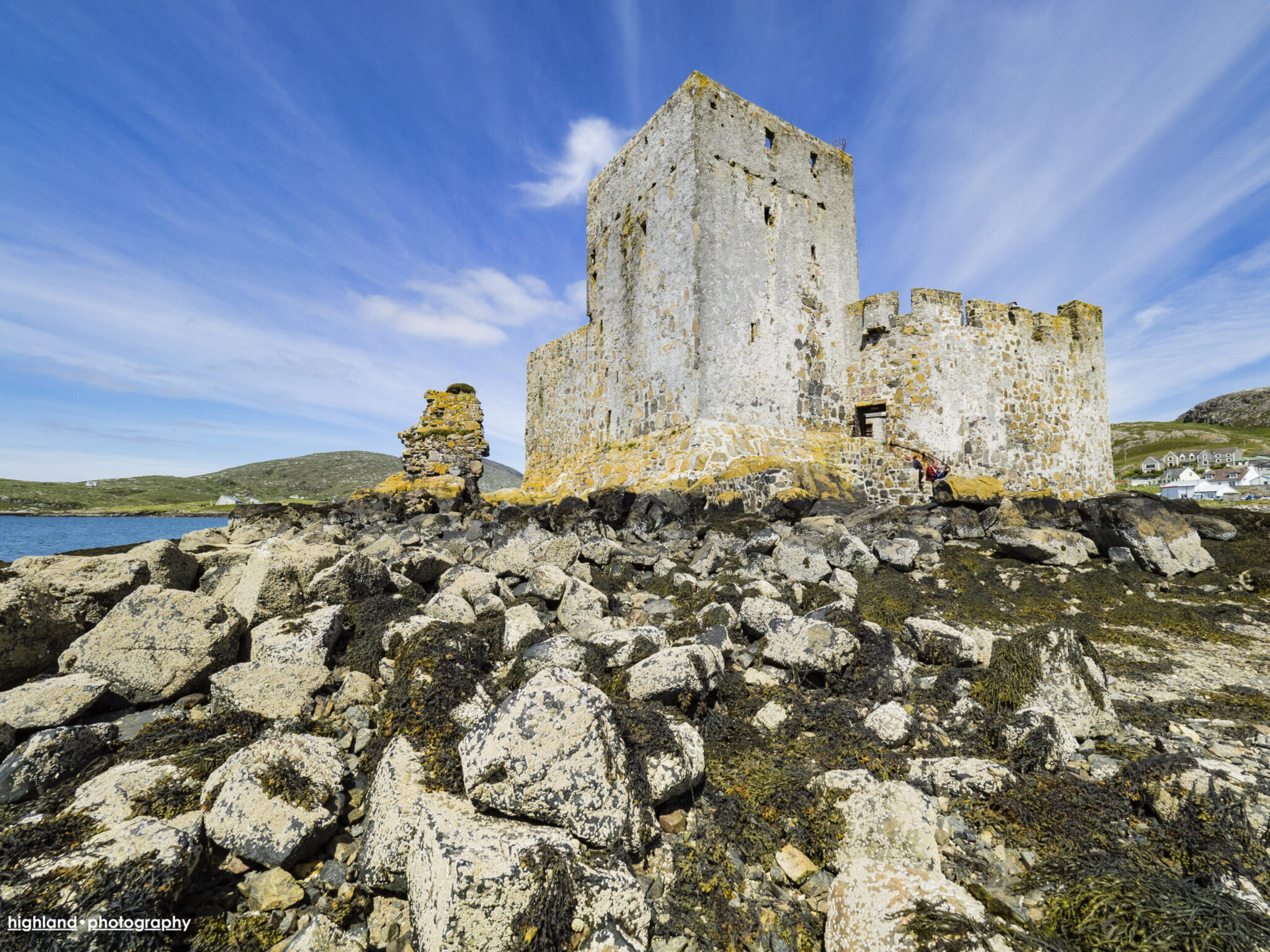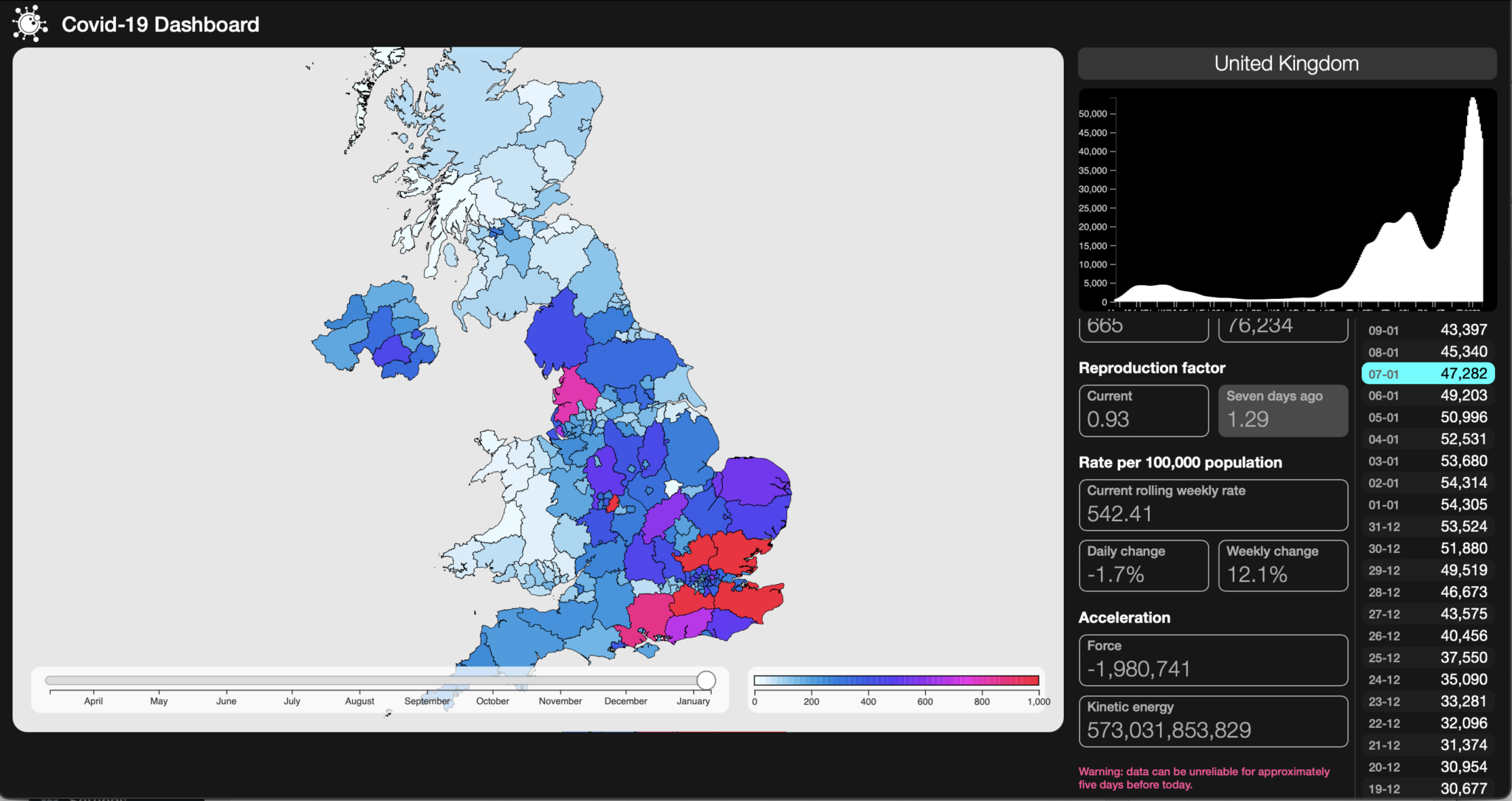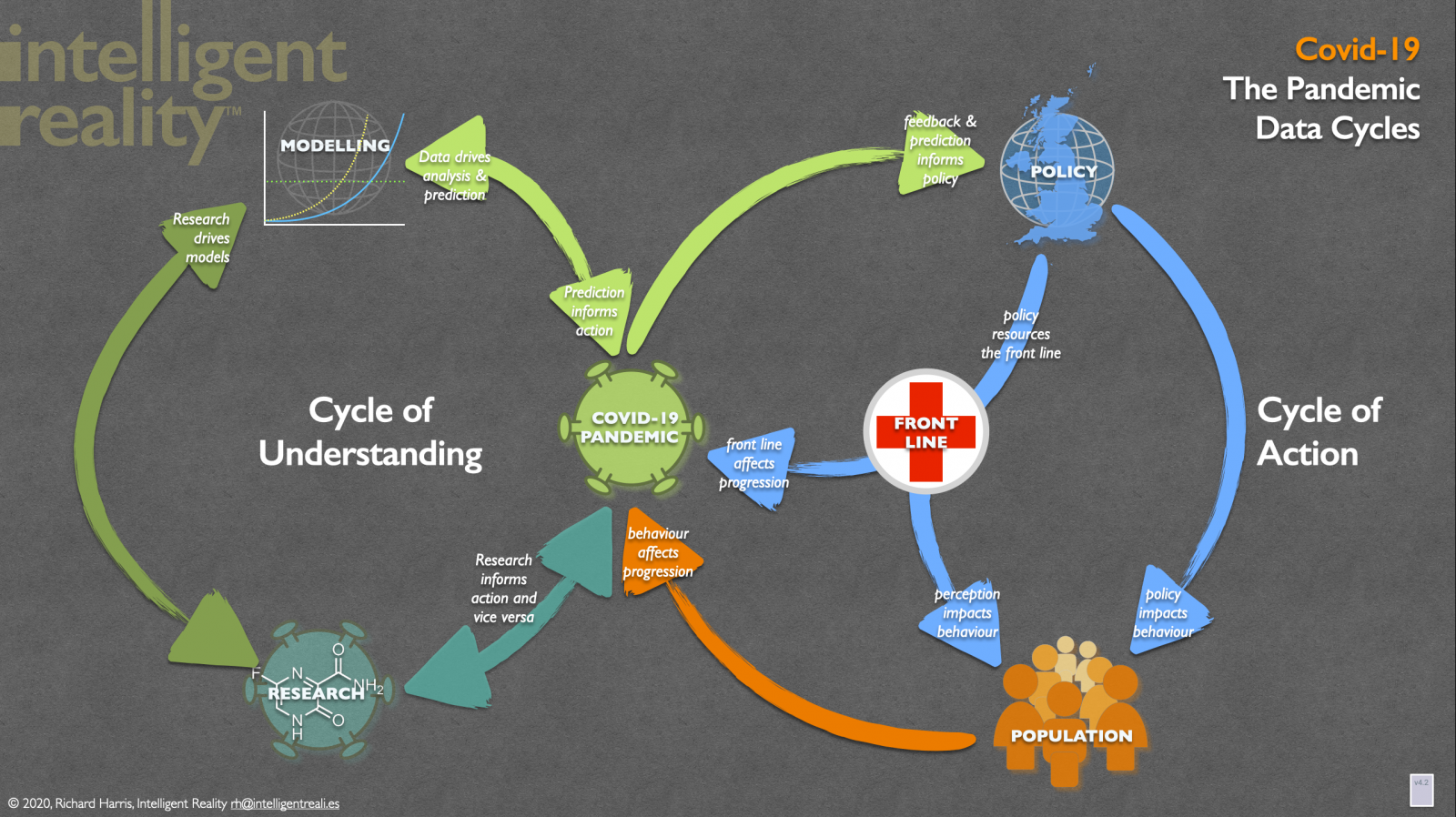I owe our system an apology. After it started forecasting a downturn in Covid-19 cases for Scotland, I was dubious, suggesting that because it didn\’t \’know\’ about the combination of the final Euro2020 matches or the relaxing of restrictions at a time of rising case numbers, it was being overly optimistic. I was wrong. I […]
As of 11 May, our Covid-19 forecasting system started consistently predicting a coming rise in cases for the UK, driven largely (as it turns out) by the Delta variant of the Covid-19 virus. In the UK this has almost certainly been facilitated by both the general relaxation in lockdown and by events such as the
The UK government stated yesterday (13 May) that rising case numbers in the Bolton area were a cause for concern, and that very many of these cases were of the so-called ‘Indian’ variant (B.1.617.2 being the designated variant of concern, with B.1.617.1 and B.1.617.3 under investigation). Here, raw data for case numbers has been available
SAGE announced today that England\’s R number has risen across to between 0.8 and 1. They update their pronouncements once a week, based on their modelling from data that\’s even further behind. We take a different approach: we use emergent and inferential analysis to generate R number calculations and 28-day forecasts, on a daily basis,
Another Friday update: we\’re well into our private Beta of our predictive analytics and what-if? modelling system for Covid-19 analytics. So what is it telling us today? As of 3rd February our projections are (within their confidence limits, which of course become broader the further out we look, even if the central projection is tracking
On Friday 29th January, the Scottish Government announced that Na h-Eileanan Siar (the Western Isles) is being put into Level 4 lockdown, following a surge of new cases. On the basis of the data available to us and our modelling approach, we\’re not convinced about this decision: it appears to have be made on the
Two Worlds is one of the successful applicants to a £40M fund created to support “Business-led innovation in response to global disruption”, a competition that attracted 8,600 applicants. Working with a team including epidemiologists, mathematical modelling specialists and the Department of Computer Science at Imperial College, Two Worlds is using udu’s intelligent analytic software to




